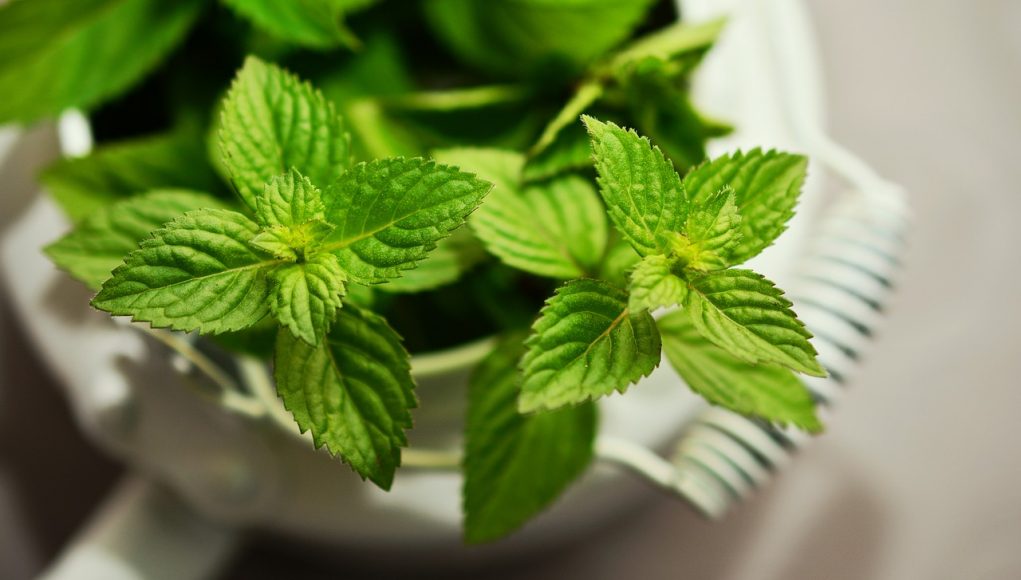“Menthol is a significant problem,” said Gottlieb said at an event last Tuesday. “I don’t think the tobacco industry should be marketing products, if not directed at kids, make it exceptionally easy to get kids started on combustible cigarettes,” he added.
“We’re going to have to step into the market, and we will, and we’re going to have to create some speed bumps, unfortunately, that might make it a little harder for adults to get access to the full range of products that they want to make it a lot harder for kids to get access,” said Gottlieb on Tuesday.
“We are going to be putting in place some additional restrictions on how these products can be sold, particularly the flavored products. That’s my legal mandate, is to bring down smoking rates.”
Plummeting tobacco shares
Following these announcements, tobacco shares started plummeting. BAT, the sixth-biggest company in the FTSE 100 and maker of Lucky Strike, Dunhill, Rothmans and Benson & Hedges, experienced a drop of 10.6%, from £76bn market value to £68bn. The tobacco company’s share price has slumped by almost 40% over the past year, putting it on track for its third annual decline in the past two decades.
Similarly, the share price of Imperial Brands, maker of Lambert & Butler, Davidoff, Gauloises and John Player Special, has dropped by over 3%, which equates to £600m.
Research comparing e-liquid flavours and menthol cigarettes
A 2017 study had indicated that if flavours had to be banned in e-cigarettes and allowed in regular cigarettes, vaping would decline by over 10%. Banning e-liquid flavors would stir many former smokers back to smoking regular cigarettes, hence increase cancer and mortality rates. On the other hand, if menthol flavoured cigarettes were to be banned, there would be a 4.8% reduction in smoking, as most smokers would either switch to e-cigarettes, or quit.
Read Further: Bloomberg













